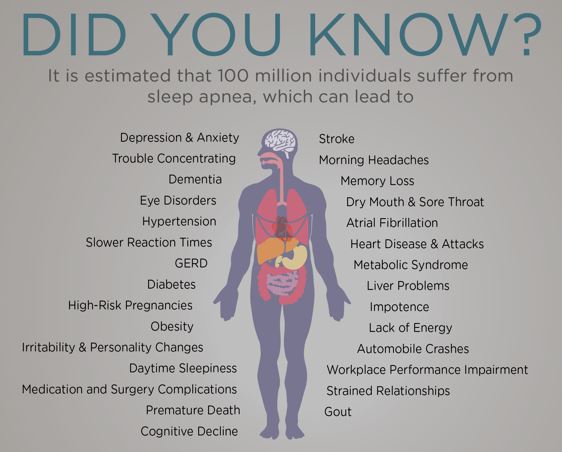How to Maintain Your CPAP Routine While Traveling
How to Maintain Your CPAP Routine While Traveling
Traveling—whether for work, vacation, or the holidays—shouldn’t disrupt your sleep apnea treatment. Maintaining consistent CPAP use is essential for your health, energy levels, and overall well-being. With a little planning and the right equipment, you can stay on track no matter where you go.
Here’s how to keep your CPAP routine running smoothly while you’re on the road.
1. Choose the Right Travel CPAP
Standard CPAP devices can be bulky, heavy, and inconvenient to pack. This is where portable travel machines shine.
Why We Recommend the AirMini™ Travel CPAP
The AirMini™ by ResMed is one of the smallest and most reliable travel CPAP options available today. It delivers the same high-quality therapy as your home device but in a compact, lightweight design that fits easily into a carry-on or backpack.
Benefits of the AirMini™ include:
-
Ultra-compact and lightweight (just 10.6 ounces)
-
FAA-approved for in-flight use
-
Smartphone app for easy monitoring and adjustments
-
Compatible with multiple ResMed masks
-
Perfect for hotels, airplanes, road trips, and camping
It’s an ideal travel companion to help you maintain your therapy without sacrificing convenience.
2. Pack Smart: Create a CPAP Travel Kit
A well-organized CPAP travel kit makes your trip easier and prevents delays or stress.
Include the following:
-
CPAP machine or AirMini
-
Mask and tubing
-
Filters
-
Power cords and adapters
-
Portable battery pack (if you expect limited access to power)
-
Distilled water or waterless humidification (AirMini HumidX)
-
CPAP wipes for quick cleaning
Pro Tip: Keep everything in your carry-on. Airlines consider CPAP devices medical equipment, so they do not count as a carry-on item.
3. Prepare for Air Travel
If you’re flying with your CPAP:
-
Place your device in a clear plastic bin at TSA screening
-
Bring a copy of the machine’s FAA approval (the AirMini has it built in)
-
Notify flight attendants if you plan to use it onboard
-
Pack an extension cord if your hotel room has limited outlet access
Portable CPAP units like the AirMini make air travel far less complicated.
4. Keep Your Cleaning Routine Simple
Travel often means less time and space for cleaning, but maintaining basic hygiene is important.
Travel-friendly cleaning tips:
-
Use CPAP wipes for daily quick cleaning
-
Pack extra filters
-
If using the AirMini, consider HumidX cartridges—they eliminate the need for a humidifier chamber
-
Rinse mask components when possible and let them air dry overnight
5. Stay Consistent with Your Therapy
Even during vacations or short trips, maintaining nightly CPAP use is key to:
-
Reduced daytime fatigue
-
Improved mental clarity
-
Better cardiovascular health
-
Lower risk of sleep apnea symptoms returning
Your sleep doesn’t need to suffer when you’re away from home—especially when portable solutions like the AirMini make therapy easy wherever you go.
6. Consider a Backup CPAP for Frequent Travelers
If you travel regularly, having a dedicated travel CPAP can make packing quicker and ensure you’re always prepared. The AirMini is designed precisely for this purpose and helps you avoid the wear and tear of transporting your primary home device.
Where to Find the AirMini™
The AirMini travel CPAP is available at CPAPSavings.com, part of Comprehensive Sleep Care Center. It makes the perfect choice for holiday travel—and a thoughtful gift for someone with sleep apnea.
Final Thoughts
Traveling doesn’t have to disrupt your CPAP therapy. With proper planning, smart packing, and the convenience of a portable device like the AirMini, you can enjoy restful, healthy sleep wherever you go. Consistency is key, and the right tools make all the difference.
If you have questions about CPAP machines, travel accessories, or the AirMini, the team at Comprehensive Sleep Care Center is here to help.

